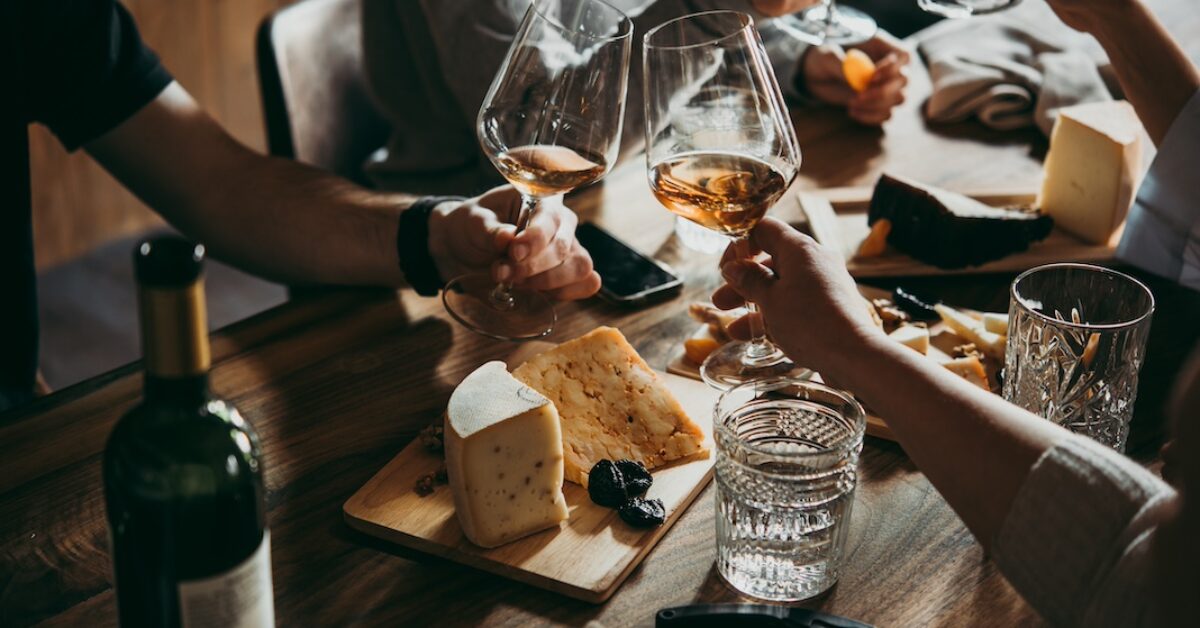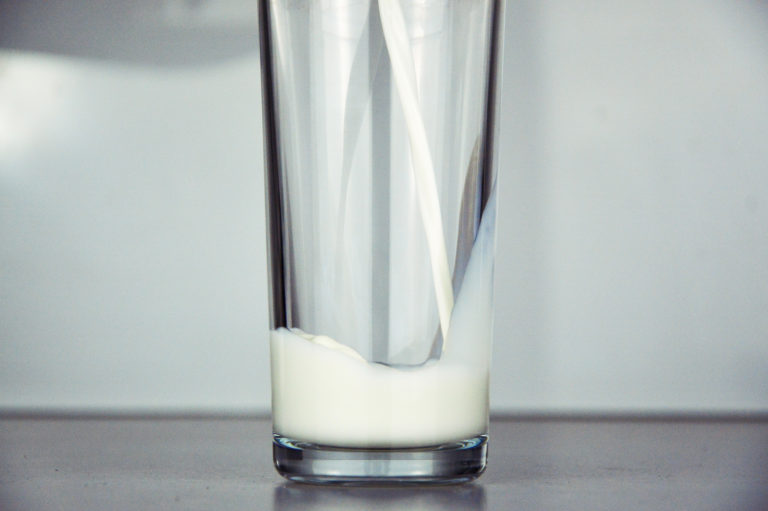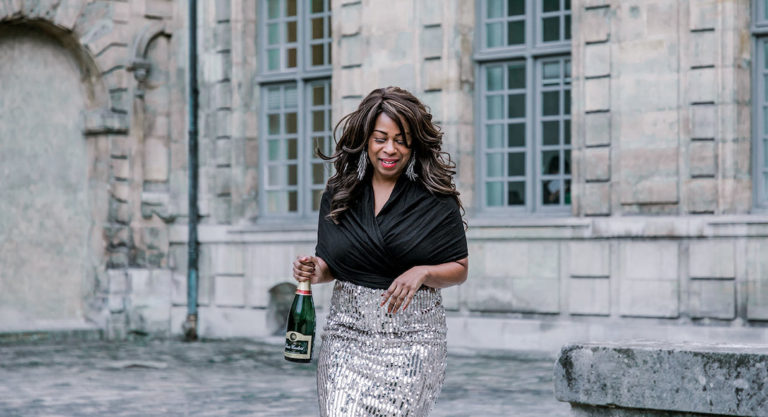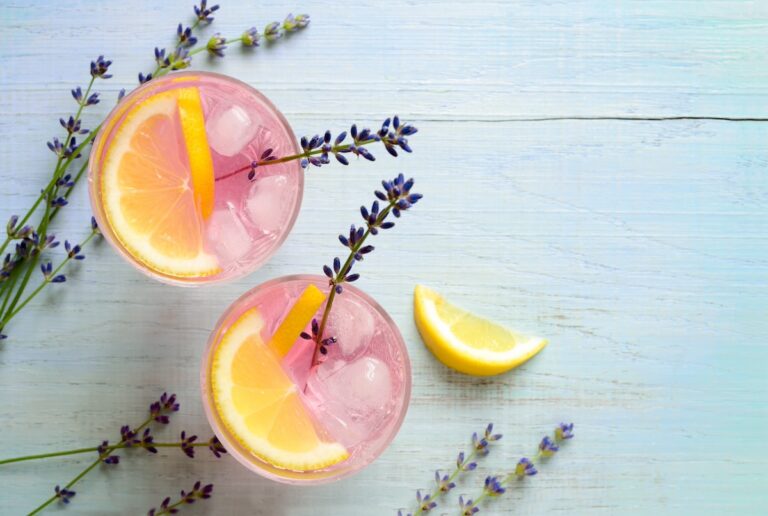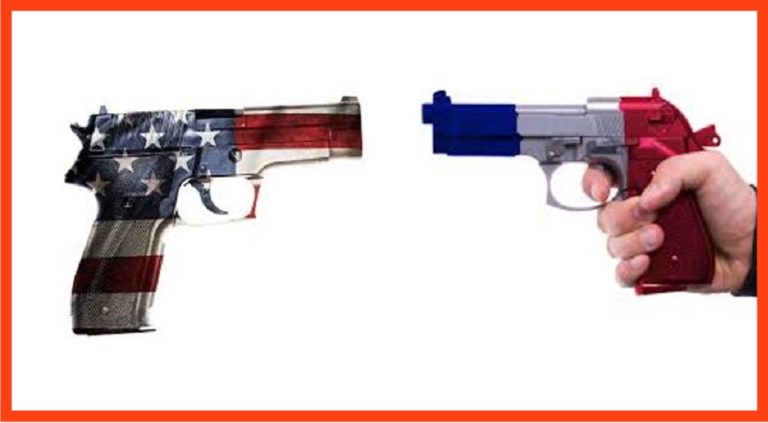For teenagers or parents of teenagers traveling to France, there might be some questions about the minimum legal drinking age in France. Can a teenager drink a glass of wine with their parents while out at a restaurant? Can they get into a club where booze is being served to attend a concert? And how strictly enforced are these rules around alcohol consumption in France?
What is The Legal Drinking Age in France Today?
The legal drinking age in France is currently 18-years-old, at which age residents and tourists alike can purchase alcohol or drink it in bars or restaurants. (Though from 16-years-old, French teens may order alcoholic beverages at restaurants in the presence of their adult guardians.)
This explains why it’s common to see French teenagers drinking wine or beer in the streets, or enjoying a verre on a cafe terrace with friends. Technically bars and cafes aren’t meant to admit guests under the age of 16, but it’s quite rare to be asked for your ID card, unless you truly look very young. The exception to this is if you are trying to get into a club, in which case bouncers will ask for identification, and turn away anyone under 18.
French drinking age throughout history
Allowing teenagers (and even children) to drink wine was common in France through the end of the 20th century. Wine was served in school canteens until 1956, at which point the Ministry of Health banned schools from serving alcohol to students under the age of 14. Serving alcoholic drinks in schools wasn’t outright banned in France until 1981.
The drinking age in France was actually 16-years-old until 2009, when it was raised to 18-years-old. The change came as the French government began to reckon with a recent phenomenon of heavy drinking in France that was heavily impacting French youth. As a result, selling alcohol to minors is now strictly prohibited in France.
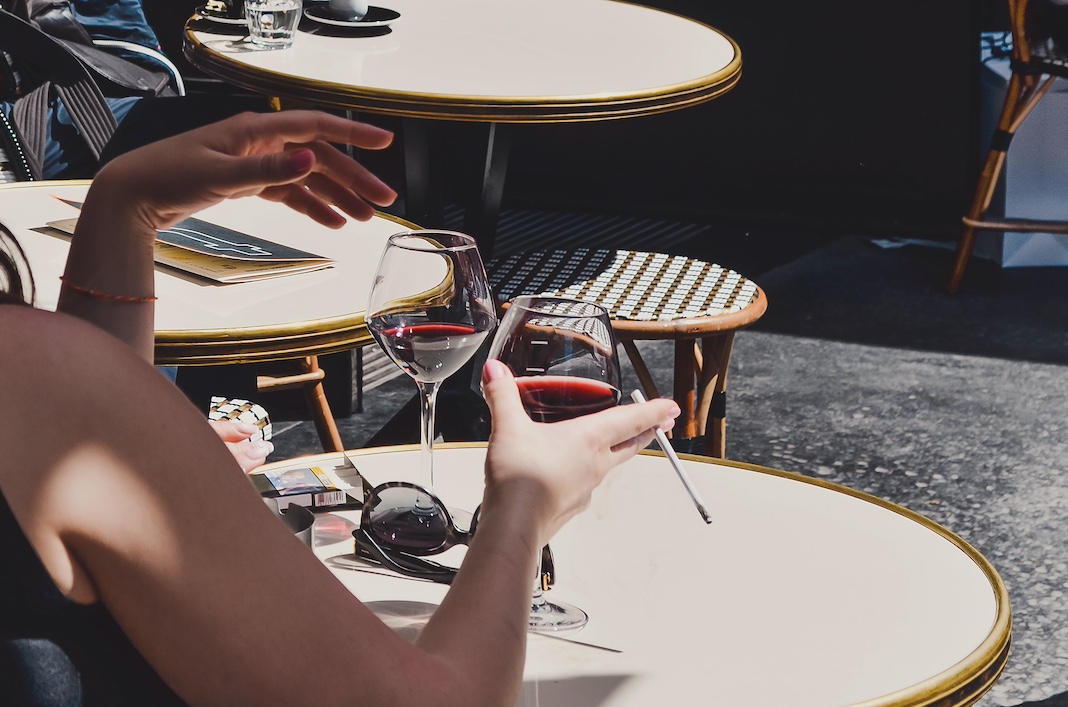
Why was the legal French drinking age increased?
The legal drinking age changed in 2009 after France experienced a staggering increase in teen hospitalizations caused by binge drinking. The age limit to buy alcohol and tobacco products was raised to 18, and alcohol laws were amended to reduce the hours when alcohol could be sold at service stations, which were popular among young people at the time. It was thought that drinking customs among teenagers in many European countries had been influenced by the binge drinking common in the United States, and growing health concerns around alcoholic drinks led to stricter regulations for consuming alcohol in France.
Public inebriation and drunk driving in France
Unlike the United States, France doesn’t have open container laws that prohibit residents from drinking in public places. It is not only considered acceptable, but a huge part of the culture, to sit along the Seine or in a public park and enjoy a picnic with wine as the evening sets in. Now, it is technically against the law to consume alcohol in Paris parks (only registered bars and restaurants can sell alcohol in these parks), but this is not strictly prohibited, and an alcoholic beverage in the Champ de Mars is not going to get you in trouble.
Public drinking in France was briefly banned during the COVID-19 lockdown in an attempt to discourage large groups of people from gathering, but this has since been overturned. (A great irony considering that some U.S. cities like New York lifted their open container laws during this time in an attempt to get people to gather outside instead of in their tightly confined apartments.)
It is against the law to drive while intoxicated in France, and France has strict rules against drunk driving. If you are caught with a Blood Alcohol Content higher than 0.5 grams per liter, you will be fined up to €135. The limit is even lower, only 0.2g/l, if you are a novice driver (with a license less than 3 years old). If your BAC exceeds 0.8g/l, you can be sent to prison and fined up to €4,500. Cycling while intoxicated is also illegal in France, though it is common to see French people using a Vélib’ bike share to get home from the bar in Paris after the métro closes. (Don’t try this at home, kids.)
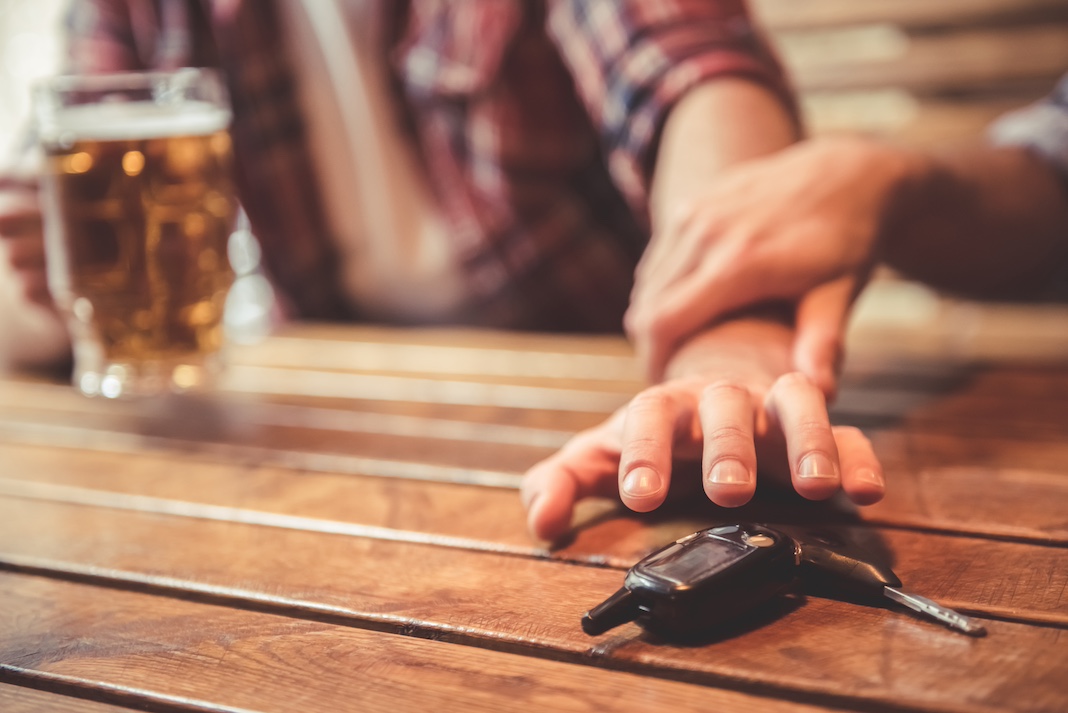
French Drinking Culture
French drinking culture is largely impacted by the country’s history as a major wine producer. Many French people have held onto myths about the health benefits of wine that have long since been disproven, and consider wine to “not count” as drinking alcohol in the same way that drinking spirits would. It’s a mentality that has led to a relaxed conceptualization of drinking, with wine in particular, and wine is commonly consumed at lunch, with dinner, and as part of the beloved apéro.
However, wine consumption in France is actually on the decline. A burgeoning craft cocktail scene, along with the growing popularity of beer among French people, has cause many French to rethink their drink of choice.
The French do have a more relaxed attitude around drinking compared to the United States, and French children are often given watered-down wine to sample at the dinner table long before they turn 18. This is thought to ease the French youth into France’s drinking culture, and prevent them from bingeing later on. But it feeds into a common misconception that the French all drink in moderation, and that they don’t experience binge drinking in the same way that Americans do. While you might have been given the idea that the French unfailingly consume alcoholic beverages in a responsible manner, a quarter of French citizens are thought to drink alcohol past the recommended limit, and several country wide campaigns have been instituted to encourage French people to drink less.
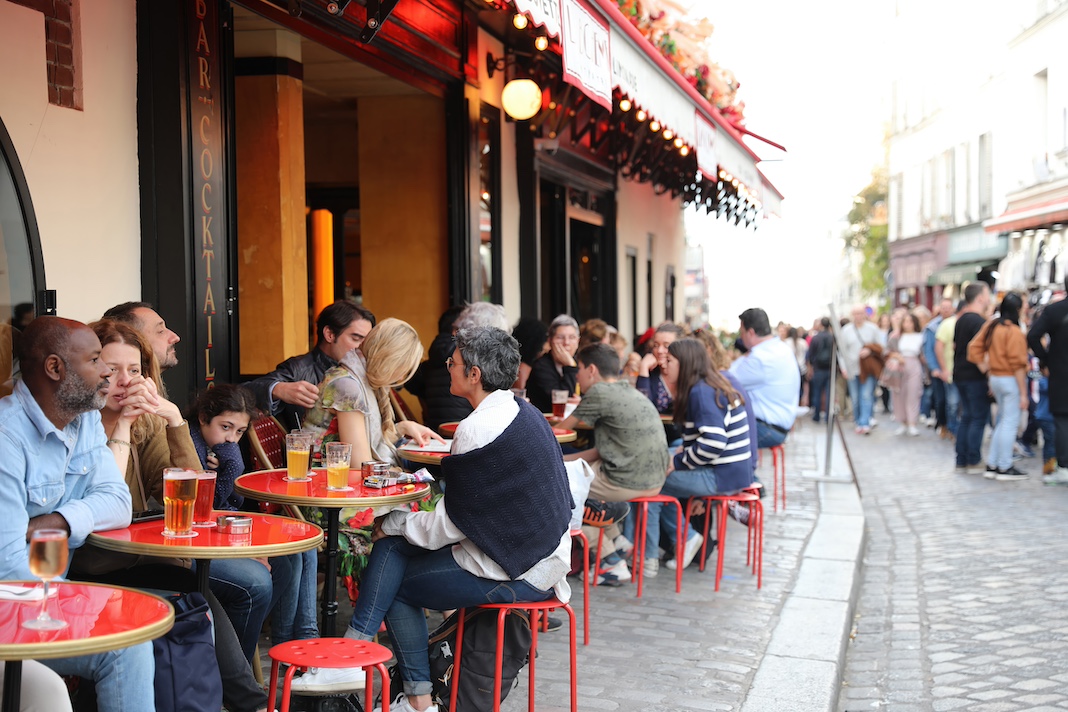
French Drinking Etiquette
There are a few things you should know about French drinking etiquette before going out in France. First off, it is highly discouraged to drink for the purpose of getting drunk. The French treat drinking like a marathon, not a sprint, which is why your glass of wine will probably be accompanied by food of some kind, at least some small snacks.
The French have two important drink categories you should know, both of which are related to food: apéritifs and digestifs. Apéritifs are meant to be drunk before a meal to open the appetite, and consist of lighter, more uplifting drinks, like champagne, Pastis, or Aperol, for example. Many apéritifs are served over ice or with sparkling water to dilute them. Digestifs, on the other hand, are served after dinner, and this category usually consists of a liquor of some kind served neat. Cognac, Chartreuse, and various Amari all fall into this category. So just remember that if you order a Pastis after dessert, or a Cognac before your first course, you’re probably going to raise a few eyebrows.
One last tip: When drinking with a group of people in France, there will likely be a toast. Make sure to look each person in the eye and clink your glasses individually while saying “Santé!” If you don’t, it’s considered bad luck.

